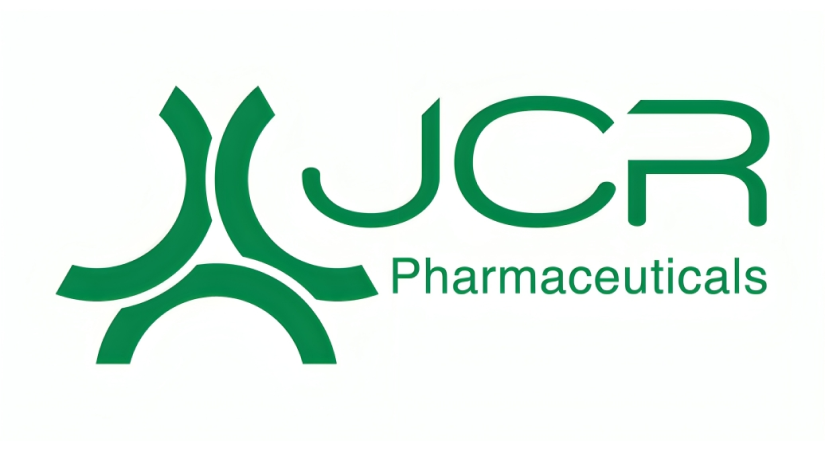JCR Pharmaceuticals Achieves Key Milestone with Orphan Drug Designation for JR-441
Japan grants orphan drug status to JR-441, JCR’s innovative therapy for MPS IIIA, a rare genetic disorder.
Breaking News
Dec 25, 2024
Abhishek Sawant

Hyogo, Japan – JCR Pharmaceuticals Co., Ltd. (TSE 4552; "JCR") is thrilled to announce that the Ministry of Health, Labour and Welfare (MHLW) of Japan has granted orphan drug designation (ODD) to JR-441, its groundbreaking investigational therapy for mucopolysaccharidosis type IIIA (MPS IIIA), also known as Sanfilippo syndrome type A. This recognition is a testament to JCR's unwavering commitment to developing innovative treatments for rare and intractable diseases.
JR-441 represents a cutting-edge advancement in the treatment of MPS IIIA, a devastating genetic disorder characterized by progressive neurological decline, cognitive impairment, and a shortened lifespan. Utilizing JCR's proprietary J-Brain Cargo® blood-brain barrier-penetrating technology, JR-441 is a recombinant heparan N-sulfatase designed to target and address the root causes of this disease.
This investigational therapy has already secured orphan drug designations from the European Commission (EC) in 2022 and the U.S. Food and Drug Administration (FDA) in 2023, reflecting its global potential. JR-441 is currently undergoing Phase I/II trials in Germany (NCT06095388) and Phase I trials in Japan (JR-441-JP11, jRCT2071240053), bringing hope to patients and families worldwide.
MHLW's orphan drug designation underscores the urgent need for innovative treatments like JR-441. This designation provides special incentives to accelerate the development of therapies for conditions affecting fewer than 50,000 people in Japan. MPS IIIA, an autosomal recessive disorder caused by mutations in the SGSH gene, is a prime example of such a condition, with no approved treatments currently available.
The orphan drug designation not only validates the significance of JR-441 but also bolsters JCR’s mission to address unmet medical needs for patients facing rare diseases.
